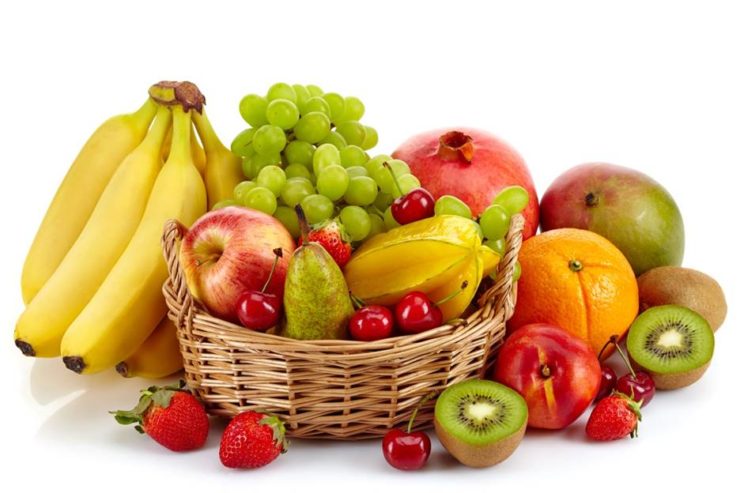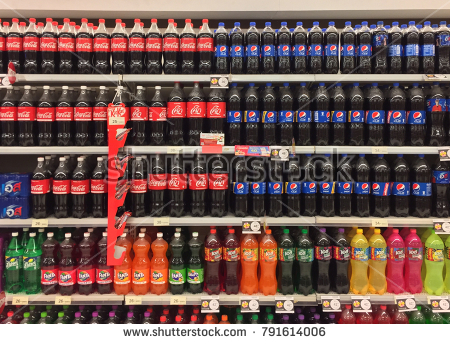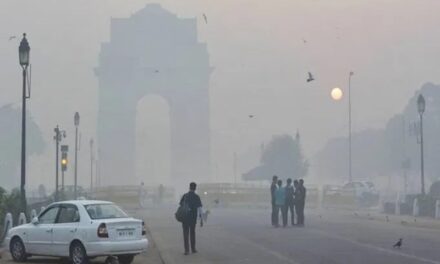People across the globe face a threat from diabetes and sugary food is often blamed for it.
But while people focus on reducing sugar intake through food items, there might be something else that poses a greater risk.
Findings of a study have found that artificially sweetened beverages are more likely to cause type 2 diabetes than sugary food.
Products with additional fructose bring nutrient poor energy to diet which harms blood sugar levels.
Meanwhile there were no risks associated with food and drinks which had natural fructose.
whereas ingredients in sweet drinks powercharge fructose that triggers blood sugar levels thus needed to be avoided says the the report .

Fructose is nature’s way of getting the sweet tooth out of all of us. It is a form of monosaccharide a simple sugar that is commonly found in most fruits, vegetables and honey.
Foods high in fructose are naturally sweet and fructose in its pure form is recommended for people who needs a quick sugar fix but are diabetic or want to lose weight.
Unlike other forms of sugar, this has lower glycemic index and wouldn’t cause a tremendous fluctuation in the blood sugar level because it is initially processed in the liver.
This should not be confused with High Fructose Corn Syrup (HFCS), which is a manufactured sweetener that is mainly composed of glucose. The 10 major producing natural Fructose are :
1. Bananas
A medium sized banana contains 5.72 grams of fructose and can supply you instant energy when you need it.
2. Apples
For every 100 grams of apples, 6 grams of fructose is present.
3. Pears
A medium sized pear contains 11.8 grams of fructose, which can trigger the symptoms of fructose malabsorption.
4.Grapes
Grapes contain 25 grams of fructose per cup, which makes them one of the best sources of fructose for the body. This is one of the sweetest fruits that just 1 cup serving can drastically increase blood sugar.
5. Berries
blackberries have the highest fructose content which is 22 grams per cup. The other berries contain 14 grams, 6 grams and 8 grams of fructose per cup for blueberries, raspberries and strawberries, respectively.
6. Dried Fruits
For every 100 grams of dried fruits consumed, you get 30 grams of fructose. If eaten individually, ½ cup serving of dates contains 55 grams of fructose and if raisins, cranberries and prunes are eaten in the same amount, they will yield 42 grams, 40 grams and 30 grams respectively.
7. Pineapple
Pineapples, if eaten everyday can provide you 7% of the recommended daily sugar intake. A cup of pineapple has approximately 15 grams of fructose.
8. Artichokes
It is also studied that artichoke tubers, which contain inulin, can produce high quality fructose syrup.
9. Mangoes
A medium sized mango contains 30 grams of fructose.
10. Watermelon
Just a wedge of watermelon contains 18 grams of fructose









